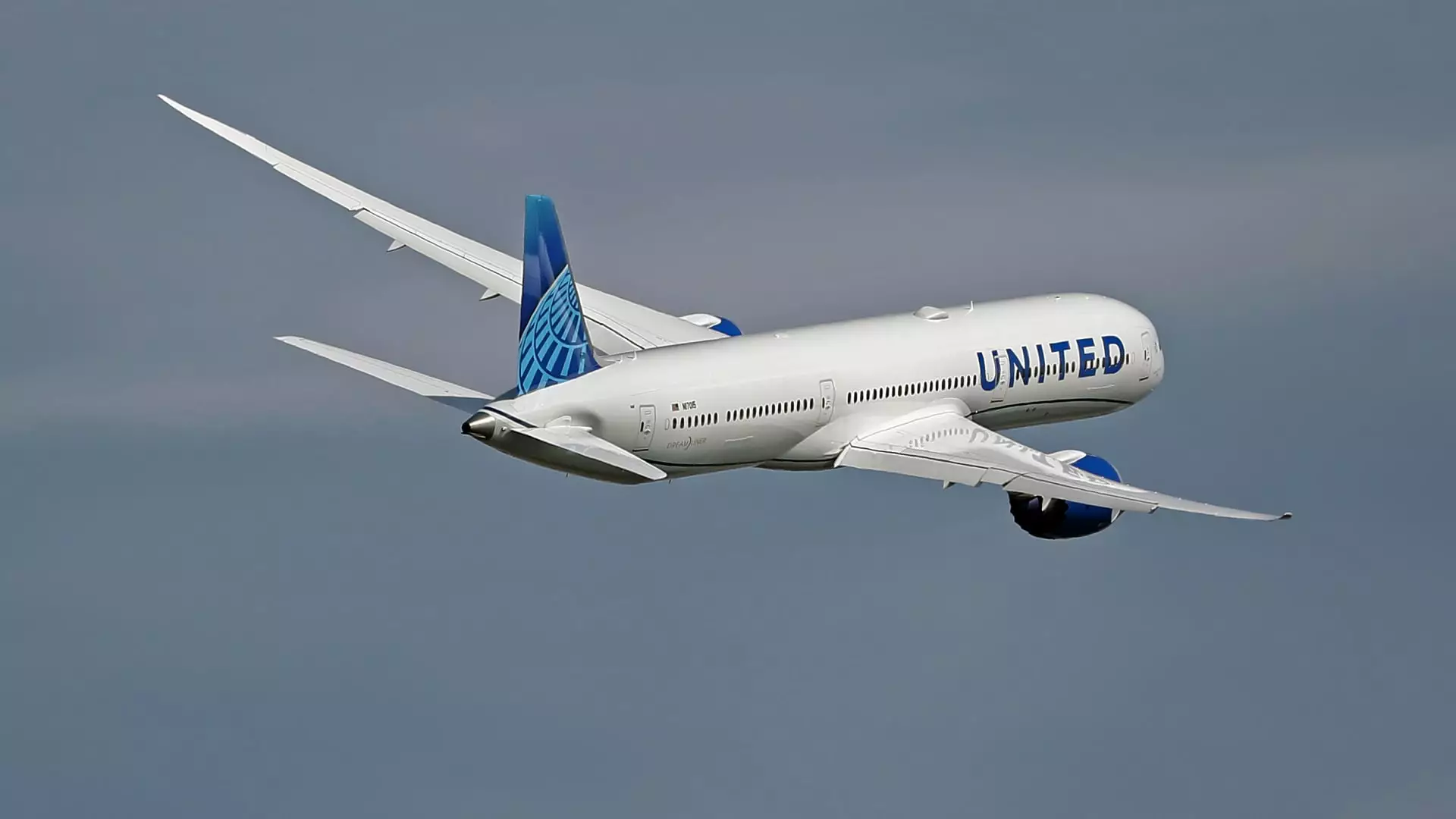United Airlines is facing challenges due to late-arriving aircraft from Boeing, leading the airline to request pilots to take unpaid time off. The impact of these production problems and safety crisis are affecting United’s growth plans and operational efficiency. The situation highlights the broader implications of Boeing’s manufacturing issues on its customers.
United’s pilot union, the Air Line Pilots Association, communicated the significant reduction in forecast block hours for the airline due to changes in Boeing deliveries. The expected number of Boeing 737 Max 8 and Max 9 models to be received by United has been revised downward, leading to operational disruptions. This unforeseen reduction in fleet size has prompted United to adjust its pilot scheduling and take measures to mitigate the impact of delayed deliveries.
Consequences for United Pilots
United’s decision to ask pilots to take unpaid time off is a direct consequence of Boeing’s inability to meet delivery timelines. The pause in pilot hiring and the need for voluntary time-off reflect the challenges faced by United in managing its operations amidst Boeing’s production problems. The uncertainty surrounding the expected delivery period of Boeing 737 Max 10 models further exacerbates the situation for United and its pilots.
United CEO Scott Kirby has been vocal about the production problems and delivery delays at Boeing, emphasizing the need for timely and reliable aircraft deliveries. The recent incident involving a Boeing 737 Max 9 door plug blowing out during a flight underlines the safety concerns associated with Boeing’s aircraft. Kirby’s concerns and the impact of Boeing’s crisis on United’s operations shed light on the larger repercussions of manufacturing deficiencies in the aviation industry.
Leadership Changes at Boeing
Boeing’s CEO Dave Calhoun’s announcement of his departure at the end of the year, along with broader leadership shake-ups within the company, signals a recognition of the need for change and improvement. The departure of key executives and the restructuring of Boeing’s leadership team indicate a concerted effort to address the underlying issues that have led to production problems and safety concerns. The implications of these leadership changes on Boeing’s future performance and relationship with its customers remain to be seen.
The impact of Boeing’s production problems on United Airlines illustrates the ripple effects of manufacturing delays and safety issues in the aviation industry. The need for effective communication, proactive measures, and collaboration between airlines and aircraft manufacturers is essential to ensure the stability and reliability of air travel services. United’s response to Boeing’s challenges underscores the interconnectedness of the industry and the importance of adapting to unforeseen disruptions in aircraft delivery and production.



Leave a Reply